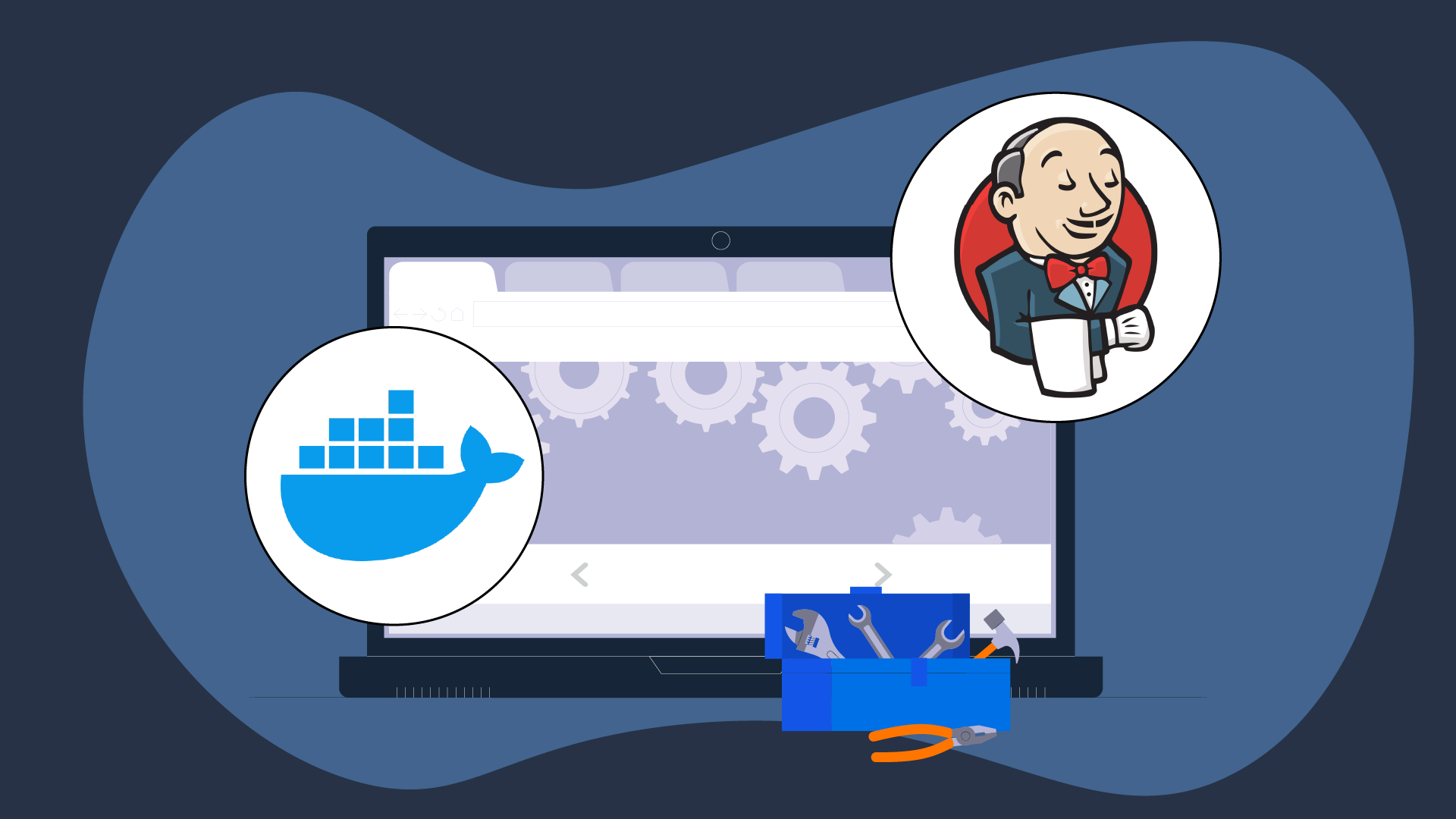Курси по темі
Всі курсиСередній
Flask Intensive Course: Web Development with Python
You will face 100% hands-on practice and complete the project by the end of the course. This course is perfect for those who have never worked with Flask before. You will acquire the expertise to effectively utilize Flask for your project development needs. You will embark on a journey to create your initial application, mastering the fundamentals, and progressively enhancing your project to unlock its full potential. I will guide you step-by-step during the course.
Середній
Django: Build Your First Website
This exciting course is designed for those who aspire to learn web development and create their own website using the powerful Django framework with the Python programming language. From the basics to advanced functionalities, the course offers everything you need to successfully launch your first web project.
Просунутий
Django ORM Ninja: Advanced Techniques for Developers
Learn how to build applications using the Django ORM framework. This is the next step in expanding your knowledge of Django development.
The Role of Python in DevOps
Enhancing Automation and CI/CD Processes

In the dynamic world of software development, DevOps has become a game-changer, blending the lines between development and operations to enhance efficiency, agility, and reliability. At the heart of this transformative approach lies Python – a language known for its simplicity, versatility, and powerful scripting capabilities. This article explores how Python is being leveraged to facilitate DevOps practices, particularly in automation and Continuous Integration/Continuous Delivery (CI/CD) processes.
Python: A Catalyst in DevOps
Python's ease of use and extensive library support make it an ideal choice for DevOps tasks. It allows teams to automate routine tasks, manage configurations, and integrate systems more effectively.
Automation with Python
Automation is a key tenet of DevOps, and Python excels in this area. Python scripts can automate mundane tasks like server provisioning, application deployment, and network configuration. Tools like Ansible, which uses Python, further simplify automation and orchestration across complex IT environments.
Key Python Automation Tools:
- Ansible: For configuration management and application deployment.
- Fabric: To execute shell commands remotely over SSH, facilitating server setup and maintenance tasks.
- Pexpect: For automating interactions with command-line applications.
Python in CI/CD Pipelines
Python plays a pivotal role in building CI/CD pipelines, which are crucial for DevOps practices. It is used to script various stages of pipelines, from code check-ins and testing to deployment.
Integration with CI/CD Tools:
- Jenkins: Python scripts are used for building test and deployment jobs in Jenkins.
- Travis CI and CircleCI: Python is used for defining custom operations in build processes.
Testing with Python
Testing is an integral part of the CI/CD pipeline, and Python supports various types of automated tests:
- Unit Testing: With frameworks like
unittestandpytest. - Integration Testing: Automating API and end-to-end tests.
- Load Testing: Using tools like Locust, written in Python, to simulate traffic and test scalability.
Run Code from Your Browser - No Installation Required

Python for Infrastructure as Code (IaC)
Infrastructure as Code (IaC) is another DevOps practice where Python’s scripting capabilities are highly beneficial. Python can be used to define infrastructure, ensuring environments are replicable and consistent.
- Terraform and CloudFormation: Python scripts can generate and manage templates for these IaC tools.
- Pulumi: A tool that allows writing IaC in Python directly.
Monitoring and Logging with Python
In DevOps, monitoring and logging are crucial for maintaining system health and performance. Python’s rich ecosystem offers several tools for effective logging and monitoring:
- Prometheus and Grafana: Python scripts integrate with these tools for enhanced monitoring capabilities.
- ELK Stack: Python can interact with Elasticsearch, Logstash, and Kibana for comprehensive logging and analysis.
Python’s Cross-Platform and Community Support
Python's cross-platform nature makes it a versatile choice in diverse DevOps environments. Additionally, the vast Python community contributes to a rich set of tools and best practices, making it easier for DevOps teams to adopt Python in their workflows.
Start Learning Coding today and boost your Career Potential

Conclusion
Python's role in DevOps is multifaceted and impactful. From automating tasks to streamlining CI/CD pipelines, and managing infrastructure, Python's capabilities align perfectly with the objectives of DevOps. As DevOps continues to evolve, Python's role in it is expected to grow, driven by its efficiency, ease of use, and the support of its vast community. For teams looking to enhance their DevOps practices, incorporating Python is not just a trend; it’s a strategic decision towards building more efficient, reliable, and agile software delivery processes.
FAQs
Q: Why is Python particularly well-suited for DevOps tasks?
A: Python is ideal for DevOps due to its simplicity, readability, and extensive standard library. It allows for quick scripting of complex tasks, automation of repetitive processes, and integration with various tools and systems, all of which are fundamental in DevOps.
Q: Can Python scripts be used across different operating systems in DevOps?
A: Yes, Python is a cross-platform language, making it suitable for use in diverse environments. Python scripts written on one operating system can generally be executed on others with minimal or no modification, which is beneficial for the heterogeneous environments common in DevOps.
Q: How does Python help in the Continuous Integration (CI) process?
A: Python assists in CI by automating the build and test processes. Python scripts can be used to automate code checkouts, run tests, generate reports, and even trigger deployments, facilitating a seamless CI pipeline.
Q: What role does Python play in Continuous Deployment (CD)?
A: In CD, Python automates the deployment of applications to various environments. Python scripts can handle tasks such as updating servers, rolling out new features, and configuring environments, thereby streamlining the deployment process.
Q: Is Python suitable for configuration management in DevOps?
A: Absolutely. Python is often used to write scripts for configuration management, and it's the language behind popular configuration management tools like Ansible. Python’s ability to interact with APIs and databases makes it ideal for managing configurations across distributed systems.
Q: Can Python be used for monitoring and logging in DevOps?
A: Python is very effective for monitoring and logging. It can interface with monitoring tools like Prometheus and logging tools like Elasticsearch, providing comprehensive insights into the health and performance of applications and infrastructure.
Q: Are there any limitations to using Python in DevOps?
A: While Python is versatile, its performance might not match that of compiled languages like Go, especially in high-concurrency scenarios. However, for most DevOps tasks, Python’s ease of use and flexibility often outweigh these performance considerations.
Q: How does Python compare to other scripting languages in DevOps?
A: Python is often preferred over other scripting languages like Bash or Perl for its readability and the breadth of its libraries. Unlike these languages, Python is also used extensively outside of scripting, making it a more versatile skill for developers to learn.
Q: What Python tools are commonly used in DevOps for IaC (Infrastructure as Code)?
A: For IaC, Python is frequently used in conjunction with tools like Terraform and CloudFormation to manage infrastructure. Python's Pulumi library also allows writing IaC directly in Python.
Q: How important is Python for automation in DevOps?
A: Python is extremely important for automation in DevOps. It automates numerous tasks such as server provisioning, application deployment, and workflow orchestration, significantly reducing manual effort and increasing efficiency.
Курси по темі
Всі курсиСередній
Flask Intensive Course: Web Development with Python
You will face 100% hands-on practice and complete the project by the end of the course. This course is perfect for those who have never worked with Flask before. You will acquire the expertise to effectively utilize Flask for your project development needs. You will embark on a journey to create your initial application, mastering the fundamentals, and progressively enhancing your project to unlock its full potential. I will guide you step-by-step during the course.
Середній
Django: Build Your First Website
This exciting course is designed for those who aspire to learn web development and create their own website using the powerful Django framework with the Python programming language. From the basics to advanced functionalities, the course offers everything you need to successfully launch your first web project.
Просунутий
Django ORM Ninja: Advanced Techniques for Developers
Learn how to build applications using the Django ORM framework. This is the next step in expanding your knowledge of Django development.
Installing Jenkins with Docker
Easily deploy Jenkins with Docker for a fast and isolated CI/CD environment.
by Eugene Obiedkov
Full Stack Developer
Aug, 2025・3 min read

URL vs URI vs URN
Uniform Resource Identifiers
by Andrii Chornyi
Data Scientist, ML Engineer
Mar, 2024・7 min read

Universal Guide What Every Middle Developer Should Know
Key Concepts in Programming and Development
by Anastasiia Tsurkan
Backend Developer
Jan, 2024・11 min read

Зміст